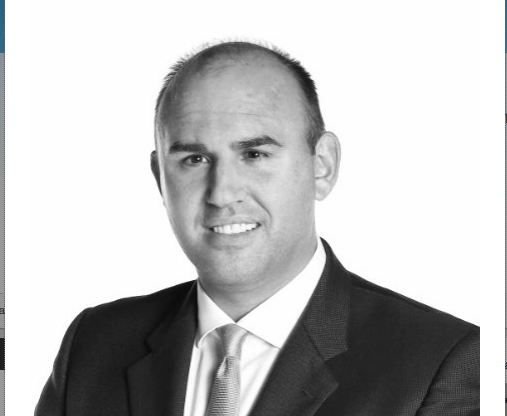Stronger GDP growth is the key to sustaining U.S. equity momentum.
As we enter December, the market continues to chew over the implications of a Donald Trump presidency. Last week, my colleague, Erik Knutzen, CIO of Multi-Asset Class, examined the outlook for emerging markets debt and equities. This week, we take a look at the prospects for U.S. equities.
There’s been a lot of noise and excitement about the so-called “Trump Bounce” in equities, but I want to dig a little deeper and look at some of the factors that are likely to sustain it. The most important element in equities’ continued recovery is a pickup in expectations for stronger GDP growth. Indeed, this may already be in the works.
The most recent figures, for example, show an upwards revision in Q3 GDP—up from 2.4% to 2.9%1, largely driven by consumer spending. This was better than anticipated, and although estimates tend to fluctuate throughout a quarter, the Atlanta Fed is projecting Q4 GDP to be over 3%. So, if this plays out, it represents a 2.25% increase in GDP for the whole year. That’s a pretty decent tick up from the 1.5% the U.S. economy experienced throughout 2015 and much of 2016.
Fiscal Boost?
Next, you need to factor in the new administration’s plans for meaningful fiscal stimulus. Indeed, Steven Mnuchin, the Treasury secretary designate, made a case for greater fiscal policy intervention only last week. This included much talk about tax cuts, both corporate and personal, together with the long-heralded increase in infrastructure spend. Taken together, and if implemented, these initiatives should provide the tailwind that will drive U.S. GDP growth above the levels we’ve seen in recent years.
With a stronger level of growth, earnings should improve. Back in the spring, this was an area of concern for us. Accelerating earnings growth would be the strong foundation for further improvement in U.S. equity markets and support the higher P/E multiples that, for the first half of 2016, were driven by lower bond yields.
Industry Sectors a Mixed Bag
So, which areas of the U.S. stock market are most likely to benefit under this new environment and which ones will be left out in the cold? On the positive side of the ledger, financials should do well because of the expectation of interest rate increases and less rigorous bank regulation. Domestic cyclicals and energy companies should also be among the beneficiaries of faster domestic growth.
The small-cap space is also enjoying a strong rally. Since its November 3 low point, the Russell 2000 Index is up nearly 15% through the end of November. In contrast, the S&P 500 has posted a return of around 6%.
Health care, however, is a mixed bag. Tom Price, the proposed Secretary of Health and Human Services, is a vocal critic of the Affordable Care Act. In fact, he’s likely to try to do away with “Obamacare” altogether and replace it with a more market-based system. As a result, investors are struggling to figure out who’ll be the winners and losers if the current system begins to unravel.
Risks?
Trade and the Dollar
So what are the risks to this more optimistic scenario? One is that trade becomes an issue. There was a lot of anti-trade rhetoric during the recent U.S. election, although things have quieted down a bit since then. But tensions could reignite next year when Trump takes office. A trade “war” of sorts could be a meaningful drag on global GDP growth. Trade has in fact already been slowing over the past three years due, in part, to protectionist measures implemented in many countries.
The stronger U.S. dollar is making life increasingly uncomfortable for many large-cap exporters. Growing dollar strength has major implications for large international companies and, by association, their earnings growth. Since the U.S. election, the greenback has already risen by 4% and looks set to rise higher. And there’s near-universal agreement that the Fed will increase rates later this month, which will put additional upward pressure on the currency and, therefore, on big global exporters.
Net-Net, We have a Positive Outlook
But despite these concerns, the prospects for U.S. equities look far healthier than they did a month ago. So the decision of our Asset Allocation Committee just over a week ago to raise our 12-month outlook for U.S. equities to slightly above normal has, so far, proved to be the right one. Stay tuned to see whether this remains the case.
Neuberger Berman’s CIO insight by Joseph V. Amato



